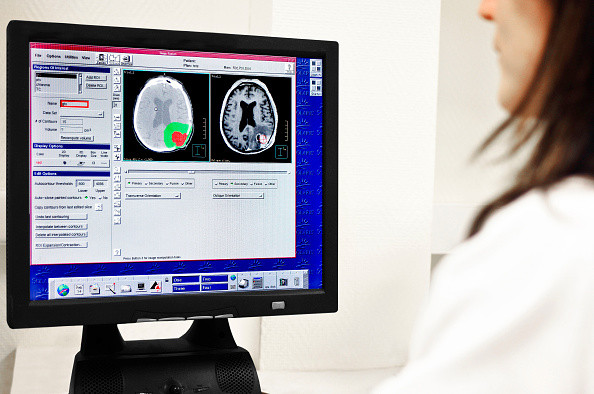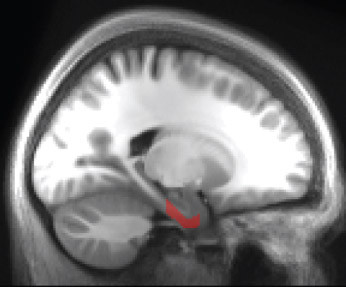Major discovery of grid cell role in imagination offers new insights on Alzheimer's disease

Grid cells play a crucial role in human imagination, scientists have shown. These brain cells, which help humans navigate through space, are also active when people retrace mental imagery.
The scientists suggest that grid cells are involved in more cognitive processes than science was aware of until now. The findings may help researchers better understand why people with Alzheimer's disease suffer from imagination problems, on top of navigation and memory failures.
Lead author Professor Neil Burgess told IBTimes UK: "One of the first symptoms for patients with Alzheimer's disease is that they start getting lost, and they cannot visualise spatial scenes and hold them in their minds. Our results suggest that these symptoms may come from impaired functioning of grid cells".
Grid cells are special neurons located in the entorhinal cortex, which functions as hub for memory and navigation. One of the functions of grid cells is to make individuals aware of their place in space, and to navigate through it. When a person is diagnosed with a traditional form of Alzheimer's disease, the entorhinal cortex is the first part of the brain affected.
Evidence of grid cells activity

For the purpose of their study, published in Current Biology, researchers from University College London recruited a group of 26 healthy volunteers to test which part of their brain was activated when they were asked to put their imagination to use.
Using fMRI scans to detect brain activity, the scientists put the volunteers in a situation of virtual navigation, where they had to walk on a virtual trail and explore their environment to look for objects.
They then asked them to close their eyes, and to imagine navigating on an imaginary path, similar to the virtual path they had just come across,in order to get a specific object.
During this part of the experiment, the researchers detected activity consistent with grid cell activity in the entorhinal cortex. "We managed to show that it is very likely that grid cells help people to imagine moving through spatial scenes" said Burgess.
For separate research, The 2014 Nobel Prize for Medicine and Physiology rewarded scientists for their work on grid cells, and for proving their importance in spatial recognition and navigation.
© Copyright IBTimes 2025. All rights reserved.






















